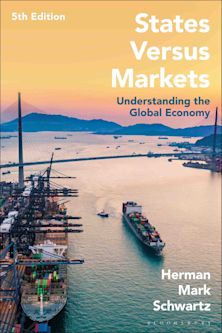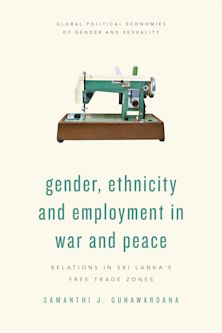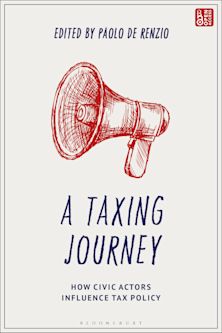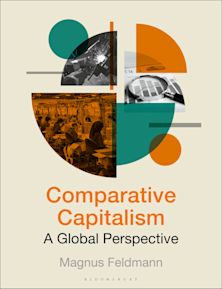Select a format
Failure to Adjust
How Americans Got Left Behind in the Global Economy
Failure to Adjust
How Americans Got Left Behind in the Global Economy
Description
Americans know that something has gone wrong in this country’s effort to prosper in the face of growing global economic competition. The vast benefits promised by the supporters of globalization, and by their own government, have never materialized for most Americans. This book is the story of what went wrong, and how to correct the course. It is a compelling history of the last four decades of US economic and trade policies that have left Americans unable to adapt to or compete in the current global marketplace. Failure to Adjust argues that, despite the deep partisan divisions over how best to respond to America’s competitive challenges, there is achievable common ground on such issues as fostering innovation, overhauling tax rules to encourage investment in the United States, boosting graduation rates, investing in infrastructure, and streamlining regulations. The federal government needs to become more like U.S. state governments in embracing economic competitiveness as a central function of government. The book presents an especially timely analysis of the trade policies of the Obama administration, and discusses how America can reassert itself as the leader in setting rules for international economic competition that would spread the benefits of global trade and investment more broadly.
Table of Contents
1 The End of the World’s Greatest Autarky
2 Confronting the Competition: The Limitations of Trade Policy
3 Confronting the Competition: How a Strong Dollar Has Hurt
4 Investment: The Winners and the Losers from Offshoring
5 Helping the Losers: The Tragedy of Trade Adjustment Assistance
6 Tiger Moms and Failing Schools – The Competitive Challenge at Home
7 How to Think About Economic Competitiveness
8 A Strategy for Competing in a Globalized World
Notes
Index
About the Author
Product details
| Published | 15 Sep 2017 |
|---|---|
| Format | Ebook (Epub & Mobi) |
| Edition | 1st |
| Extent | 268 |
| ISBN | 9781538109090 |
| Imprint | Rowman & Littlefield |
| Series | A Council on Foreign Relations Book |
| Publisher | Bloomsbury Publishing |
Reviews

ONLINE RESOURCES
Bloomsbury Collections
This book is available on Bloomsbury Collections where your library has access.



































